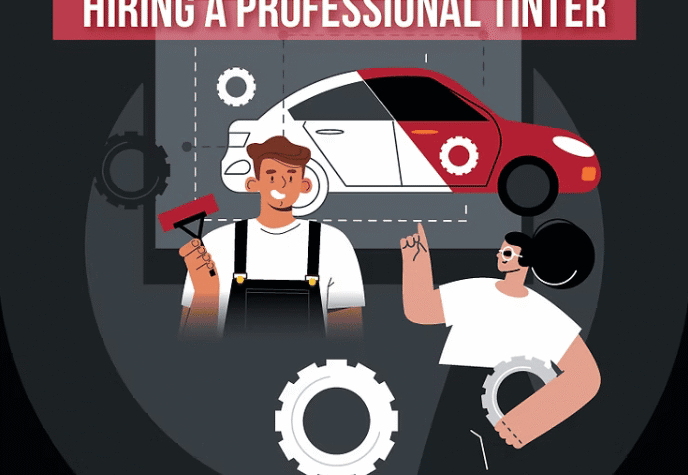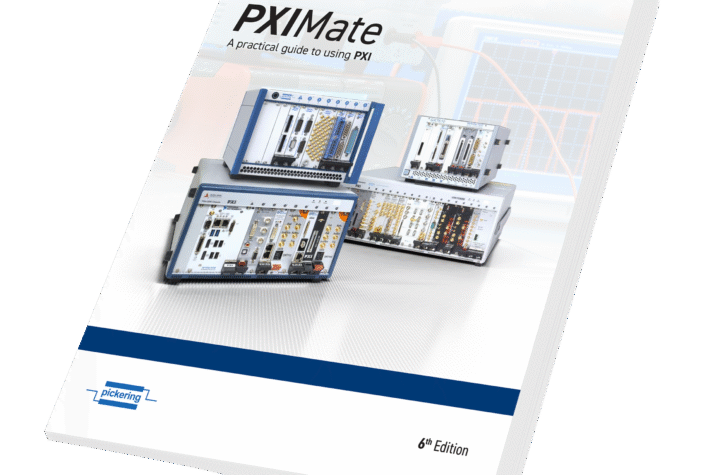
The automobile industry and its workers must develop a new détente which will obviate their historical adversarial relationship. If such a détente does not come into being, then the United States will continue falling behind the economies in Japan, Germany, and France. In order to succeed, management and labor must agree to implement the following eight points:
1. Workers and management must create a new criteria for dealing with one another
The old, historical adversarial relationship provides a formula for disaster. No longer can labor bargain for itself to the detriment of the overall economy. There can no longer be a bargaining based upon one-upmanship that results in an inflationary spiral. Instead, management and labor must agree on their common goals and work to achieve those goals.
2. The automobile industry must make new judgments: Management has generally
refused to allow or limited its workers any voice in making decisions of policy or strategy. It is no wonder that in such situations, there exist perpetual erosions of worker motivation, which have negative effects on productivity and quality. Indeed, the more indifferent that management is to the ideas of workers, the more intransigent and resentful will be workers.
Management only seems to recognize its obligations to workers when a crisis
develops, when a company’s fortunes lag, or when workers are about to strike. To improve its relationship with labor and to reap the benefits of that improved relationship, management must adopt an enlightened attitude toward workers and pro-actively implement it. There should be increased candor, greater consideration of the needs of workers, and sensitivity to individual concerns.
3. Labor must defuse internal politics. If organized labor is to have a realistic and
productive relationship with management, it must stop promoting and breeding adversarial relationships within their own ranks, between local unions, and between industry-wide unions seeking to encroach upon each other. Internal strife prompts a militant stance toward management and results in unrealistic demands on business.
Four other changes should be considered by organized labor: A). A new era of
democracy must begin with a move toward more useful dealings with management. B). Rank-and-file should be told of the true situation about the ability of employers to meet new wage demands and whether union concessions will be necessary. C). Politics within the local union should not determine demands, but should ensure that leadership, policy, enforcement, bargaining, solicitation, and general procedures represent the viewpoint of the workforce majority. D). The voices of younger workers and/or minority workers should be considered.
4. The challenge of job security must be met head on. During economic downturns,
jobs are often eliminated, and many workers understandably panic. They direct their anger at both management and their union. They often believe that the two are double dealing, double talking, and all at the expense of workers. The concessions that workers had granted in order to ensure job security have failed to reach that goal. Their resentment and fear now serve to add fuel to the adversarial relationship.
It must be understood that in today’s global economy, no employer can guarantee job security. The solution lies in training, preparation, reorientation, and communications. Management and labor should be obligated to develop training programs that deal with automation, robotics, and retraining.
5. The re-education of employees should be a top priority. In order to mitigate the
negative effects of the adversarial relationship, employees must learn that one side is not all bad and the other all good. There are shades of gray, and employees should learn the needs and expectations of management, while also evaluating the needs of workers. This can be achieved through an effective educational process.
6. Changing the climate with new semantics: When it comes to collective
bargaining, words and terms used by management and labor are often harsh and accusatory, thus raising red flags on both sides. Soft words and phrases, however, lead to better relationships, but only if both sides agree to utilize those words and phrases. Such usage will lead to a more harmonious interchange and further diminish adversarial relations.
7. Stop using the media to affect outcomes. Unions accuse management;
management accuses the union. Words fly like unguided missiles and anger explodes like land mines. The media sees a story, and both sides fight in the glare of media coverage, there resorting to hyperbole and vituperation. If adversarial relations are to end, then both sides must cease using words as if they are weapons. The result of both sides fighting it out in the media is negative: goals and benefits are shot down, and no one wants to give an inch. It is essential that bargaining be conducted in a private, civilized way.
8. Honest and realistic bargaining. When I speak with union leaders and negotiators,
I am often told that labor may be amenable to various kinds of cooperation as long as the solutions make labor look good to its constituency. The heart of the collective bargaining process often becomes an extension of this charade, spawning months of talks which inevitably look more like predictable set pieces than actual negotiations. It’s nothing more than a series of face-saving gestures.
Joint management-labor committees charged with defining how business and unions can constructively co-exist may help to remove many time-wasting steps by thrashing out issues in closed advisory meetings and then influencing the leadership on both sides to come up with resolutions that are neither acrimonious nor the product of a charade.
For the automobile industry and labor to succeed at achieving mutually beneficial goals, they must change the processes and attitudes that have governed their adversarial relationships and be committed to resolving problems together. The result will be that both sides win.
Stephen J. Cabot is highly regarded as one of the foremost labor relations experts and strategists in the United States, who has been profiled on the front page of The Wall Street Journal. He is Chairman of The Cabot Institute of Labor Relations (www.cabotinstitute.com) and the author of numerous books, including Everybody Wins!, Up From Confrontation, and Stephen Cabot’s Complete Guide to Labor Relations in the 21st Century. He regularly consults with Corporate America on all aspects of labor relations












More Stories
What You Need to Know About Tire Pressure in Winter vs Summer
Essential Features to Look for in ADAS Calibration Systems
Your Guide to Filing a Car Accident Claim